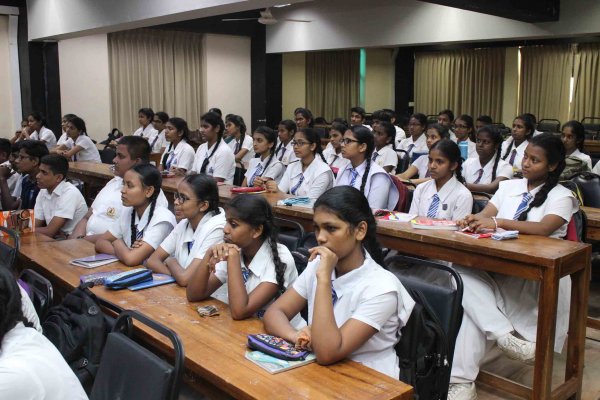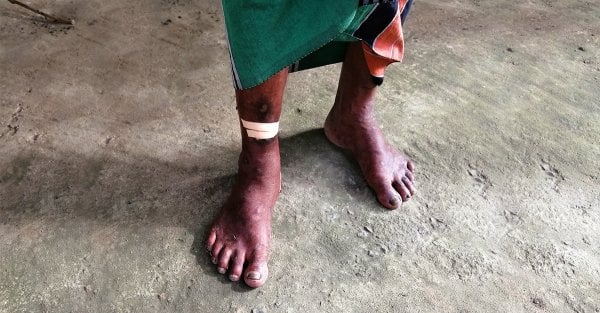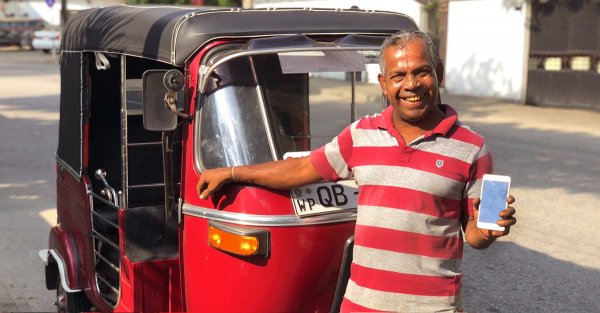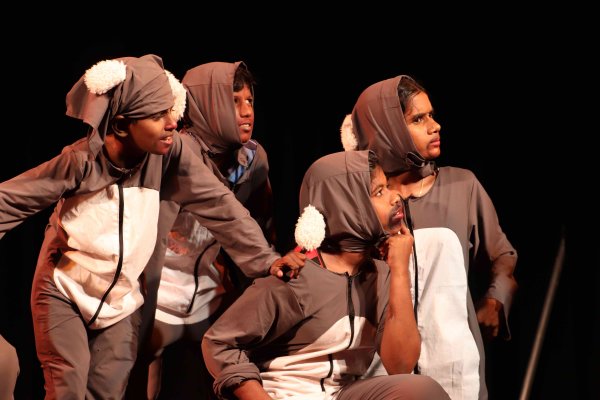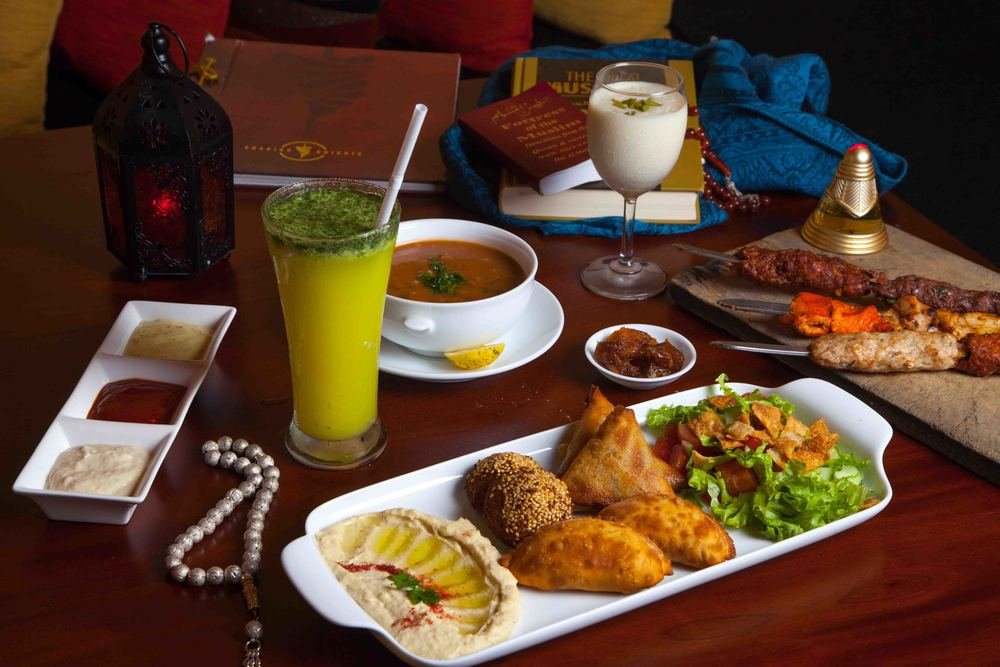
It is the month of Ramadan, the ninth month in the Islamic calendar. Most of your Muslim friends and colleagues are on an intense fast, getting slightly crankier throughout the day until iftar, the time to break fast with dates, water, and a steaming bowl of porridge. This is usually followed by multiple ‘short-eats’, deep fried snacks that is in no way healthy for an empty stomach by any stretch of imagination.
However, as Roshan Dela Bandara, nutritionist from the Nutrition Society of Sri Lanka, rightly says, people from a number of ethnic groups in Sri Lanka fast for numerous religious reasons throughout the year. Religion is also not the only motivation behind fasting, as many people observe it for dietary reasons, mostly to lose weight.
In addition to Dela Bandara, Roar Media also spoke to health and fitness specialist Dr. Dheena Sadik, and a nutritionist affiliated with one of Colombo’s hospitals, Hana Niyaz, for a guide on how to eat well and stay healthy while fasting.
Counting Calories
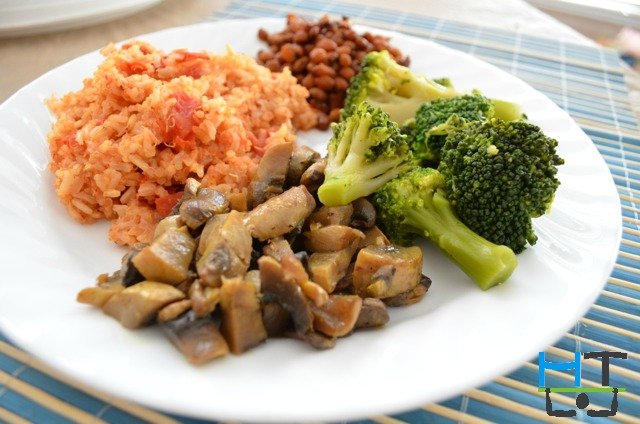
An individual’s daily calorie requirement differs from one another. Ergo, stating how much someone should consume within a day is not possible, each specialist we spoke to said.
“We need calories to carry out our basic metabolic functions; things like our heartbeat, breathing, and such,” Dela Bandara said. “We have to meet our basic calorie requirements for daily functions. This depends on person to person, and on their occupation. For example, someone engaged in heavy labour will need more calories. If you don’t get that through your food, your body will break into what’s stored in your muscles,” he explained.
Likewise, the same happens when you eat excessively—your body will continue storing your calories, which in turn leads to being overweight or obese.
Elaborating more on this, Dela Bandara said it was not advisable to skip meals, especially as starving yourself only results in over-eating. He pointed out that excessive food affects your blood and sugar levels and causes health complications.
According to Dr. Sadik, fasting needs to be done in ‘an educated way’.
“Fasting can have benefits, but only if you make use of it. Culturally, the way most Muslims break fast here, with all the short-eats and sweet drinks, has a counter-effect [instead of a beneficial one],” she said.
As a health and fitness specialist, she gets many Muslim clients who approach her during Ramadan, requesting a special diet plan for the season. What she tells them is that one doesn’t need a ‘special’ Ramadan diet plan—what you eat regularly should suffice given that you eat a nutritious and balanced meal. Add to that, spacing your meals out also plays a large role in staying healthy.
“Say you break fast at 6:20pm, and you go to bed at 11:00pm. Take at least two small snacks in between,” she advised.
Fasting Dos And Don’ts
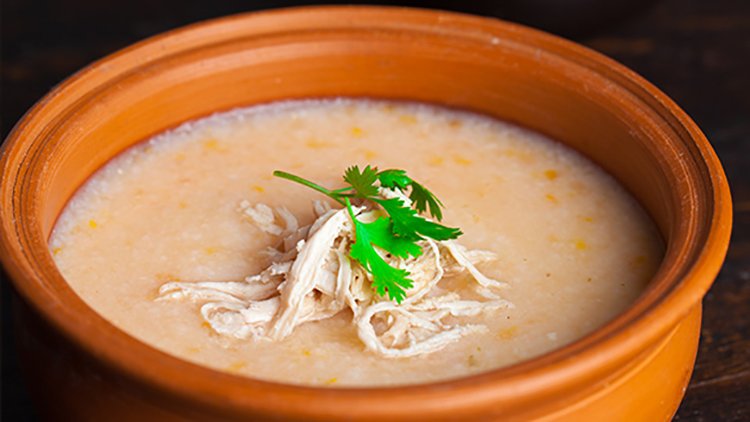
“Scientifically, there are health benefits for fasting, but it becomes an issue if you binge eat directly after breaking fast,” Hana Niyaz said.
Speaking about eating healthy during long fasts (and Ramadan), Niyaz pointed out that people can use the small, frequent meal concept even during these periods. The idea is to provide your body with enough calories to last throughout the day, and to snack in intermittent periods.
“Have a light meal for iftar [the time of breaking fast], and give yourself some energy. Have fibre-containing foods, and items that are light and easily digestible, like vegetable soups and fruit juice for instance.”
According to Niyaz, this is why kanji—porridge—is also ideal (despite not being light) because it’s in a liquid state, and easy to digest.
She recommends a balanced diet, with a focus on complex carbs and proteins to have enough protein to last throughout the day. This includes whole grain breads, oats, cereal, chicken, fish, and eggs. Fruits and juices are also recommended, as they help rehydrate and re-energise you.
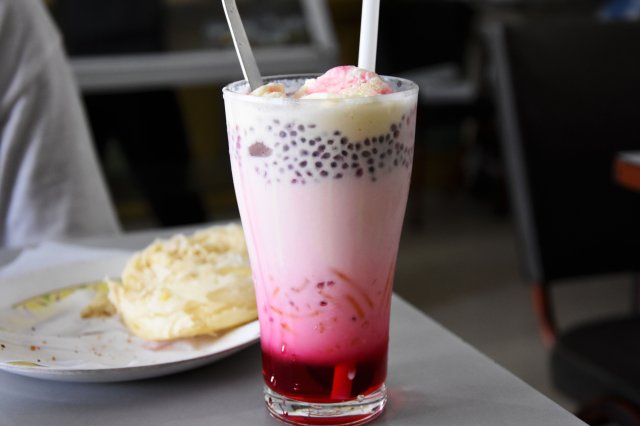
What should people avoid? Fried snacks, spicy, salty, fatty, and sugary foods, and coffee, she said.
“Coffee is a diuretic—you lose more fluids. Fried, salty, and spicy meals also make you thirstier. In Sri Lanka, though, many of us break fast with fried stuff like rolls, cutlets, samosas and such, whereas other countries have a variety of items for iftar. Mediterranean diets are different: they have lots of pulses, soups, and fruits.”
To put it succinctly: avoid fried and fatty foods, sweets, and caffeine. Consume more fruits, proteins, and whole grain meals. And, have plenty of fluids.
Cover credits: arabiannights.lk
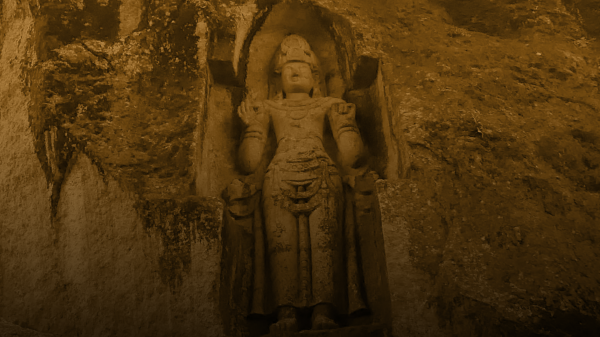
.jpg?w=600)
